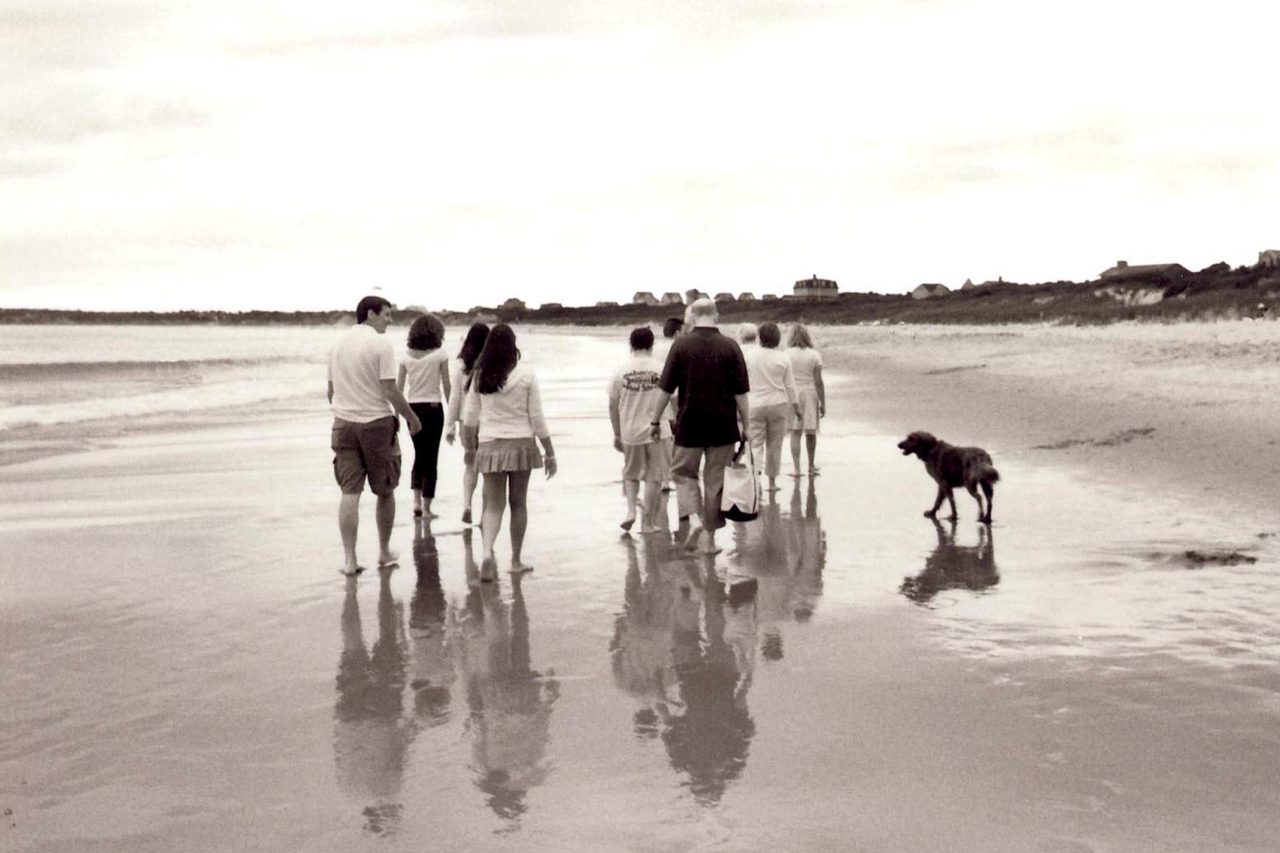Carol was a 37-year-old divorced mother of two boys, ages 6 and 8. She came alone into my office. We greeted each other. I asked how her children were. I then talked about the tests. I reviewed why we had done the tests. I explained that I had studied them carefully. I talked about the X-rays. I talked about the biopsy. It was only then that I looked into her eyes and told her that she had cancer. We sat in silence for a few minutes. Then we talked for a while about what needed to be done. More tests. Mediport catheter. Getting her treatments organized. How the chemotherapy would be done. Side effects. Schedules. Possible disabilities. Goals. I was able to be very hopeful because her prognosis was good. After 25 minutes I asked, again, if Carol had any questions. She had one. She asked, “So are you saying, I have cancer?”
What had happened? Why had Carol failed to “hear” what I had said? Was this denial? Had Carol simply been unable to accept this terrible news? Perhaps, but I suspected it was something more. It seemed to me that as soon as Carol heard that awful word, cancer, that Carol had gone to a different place. It was a place populated by two boys, ages 6 and 8. It was a place of homework, dirty jeans, soccer practice and bedtime stories. It was a place of questions, such as “who will take care of them?” “Who will raise them?” “Who will love them?” Carol was not able to listen to me, any more, because she was being a mom, taking care of her children. At that moment I wished that Carol had not come into my office alone.
Confronted with complex, confusing or threatening information, all of us need time to process and understand it. One important lesson of this is that especially in dealing with a major medical issue, such as cancer, don’t go alone. A second pair of ears can make a world of difference in getting good information, asking the right questions and even giving good answers. It gives a person time to consider what is being said, without having to feel pressure to listen every moment. I truly enjoy coming into a crowded exam or hospital room and finding four people, plus the patient. I know I am going to get good answers, I am going to get good questions, and therefore I have a better chance of explaining what is happening in an accurate way. In addition, since everyone present will hear the same statements and share their reactions, they will be more of one mind in moving forward. Together we will be able to share not only the facts, but the overwhelming emotion which comes with awful disease. After all, one really doesn’t suffer from cancer alone; we share that journey with our friends and family.
So, Carol and I started over. We walked through the same explanations of biopsies, cancer and treatments. However, importantly, we took the time to build her support “team.” We discovered a sister, who while she worked, was able to take time off for office visits. We discovered a neighbor who was happy to come to drive Carol to chemotherapy treatments (perhaps because of the coffee and pastry always available in our office). We even enlisted the ex-husband to watch the boys. So Carol did not have to do it alone. And while still very hard, it was perhaps, a little easier.




Comment